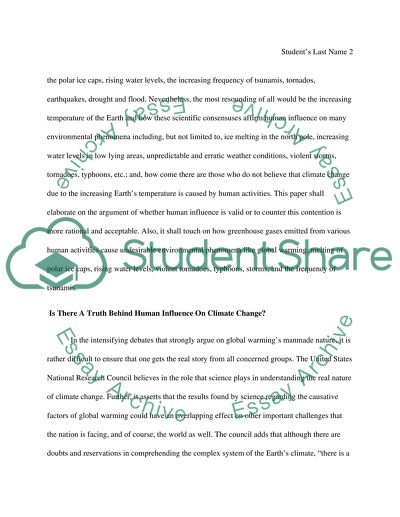Cite this document
(“Human Influence on Climate Change and Its Associated Controversies Admission/Application Essay”, n.d.)
Human Influence on Climate Change and Its Associated Controversies Admission/Application Essay. Retrieved from https://studentshare.org/environmental-studies/1488567-argumentation
Human Influence on Climate Change and Its Associated Controversies Admission/Application Essay. Retrieved from https://studentshare.org/environmental-studies/1488567-argumentation
(Human Influence on Climate Change and Its Associated Controversies Admission/Application Essay)
Human Influence on Climate Change and Its Associated Controversies Admission/Application Essay. https://studentshare.org/environmental-studies/1488567-argumentation.
Human Influence on Climate Change and Its Associated Controversies Admission/Application Essay. https://studentshare.org/environmental-studies/1488567-argumentation.
“Human Influence on Climate Change and Its Associated Controversies Admission/Application Essay”, n.d. https://studentshare.org/environmental-studies/1488567-argumentation.


